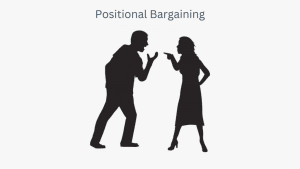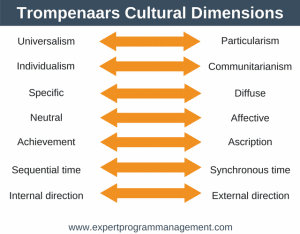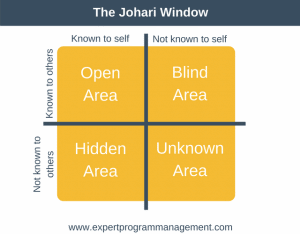The ability to persuade others is an important skill at all organizational levels. Powerful skills of persuasion can make your life much easier as people will buy into your ideas and opinions more quickly. Ultimately, improving your powers of persuasion can help you to achieve the same or better results but with less resistance.
When I am trying to persuade someone I will typically use the steps outlined in this article: How to Influence Anyone, which is based around understanding the motivations of the people you are trying to influence/persuade.
There are also 4 P’s to additionally keep in mind if you want to build a persuasive argument. These P’s are based around understanding and improving how you are perceived by others, rather than what is motivating others. So here they are, the 4 P’s of Persuasion:
- Power
- Positioning
- Performance
- Politeness
Let’s examine each of them in turn…
The 4 P’s of Persuasion in Detail
1. Power
By Power we mean than when it comes to persuading people to do things for you, then the more power you are perceived to have, the more likely you are to be able to persuade those people. The key point here is that it is perceived power that is important, not actual power, even though they are often the same. As a simple example, it is easy to see how your ideas might be more readily accepted if you’re perceived to be a senior level executive as opposed to a lower level executive.
2. Positioning
Positioning refers to how people talk or think about you when you’re not there, and is different from power. Are you perceived as someone with the best interests of the company or your customers in mind? Are you dressed in a way that is appropriate for what you’re asking? Each of these things can affect your positioning. As a simple example, it is easy to consider how your ideas might be perceived more positively if you are known as an up and coming executive with senior allies, as opposed to a new hire.
3. Performance
Performance is about how you perform each and every day. This refers to the competency level you display each and every day in your domain. For example, if you are a person who is widely respected within the organization as always delivering what you say you will when you say you will, then you will obviously have far greater persuasive powers than if have a poor reputation within the organization.
4. Politeness
The final factor is politeness. When you treat people right they are less likely to be obstructive to your ideas. If you treat people really right and connect with them personally, then they may even be willing to go out of their way to help you accomplish what you want.
Summary
Sometimes a project or initiative that fails to meet its original objectives can be seen as a success if people’s perceptions are carefully managed. In addition to managing people’s perception of projects, it is just as important to manage people’s perceptions of you as a person, leader, team member, and employee. The 4 P’s can help your address the different influencing factors people will use when forming an opinion of you.
* Image by Simply Jan








